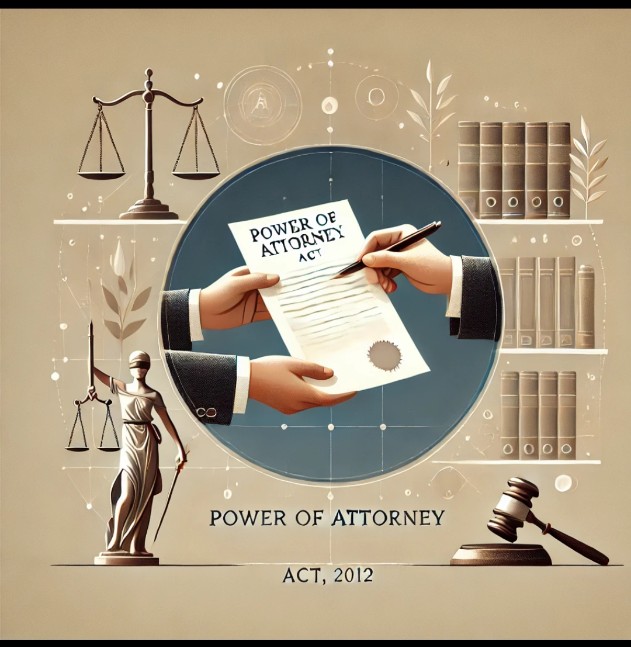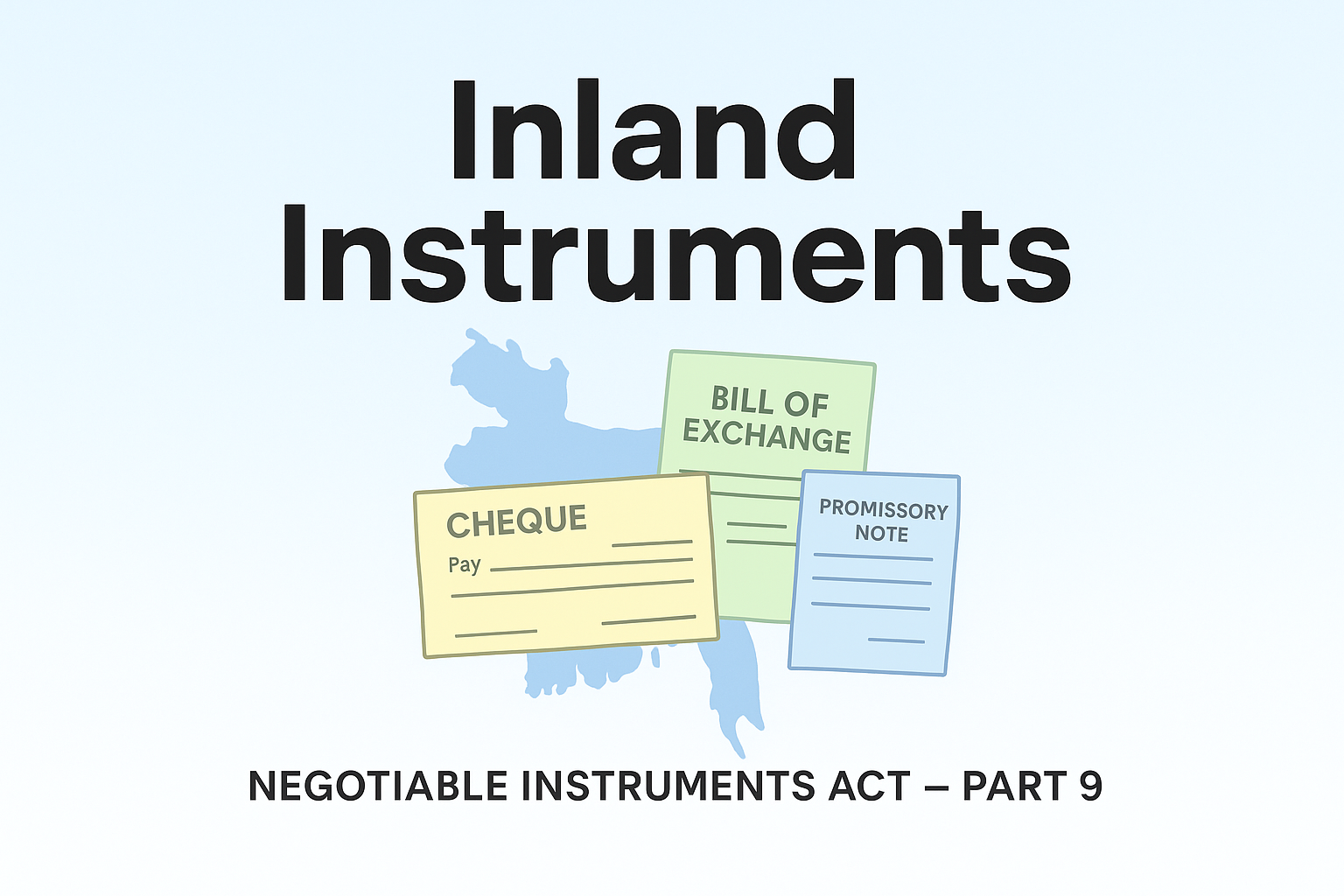Power of Attorney Act, 2012 – A Comprehensive Overview
Introduction
The Power of Attorney Act, 2012 is a significant piece of legislation in Bangladesh that governs how a person (the principal) can legally empower another (the agent or attorney) to act on their behalf. This law replaced the outdated Power of Attorney Act, 1882, bringing clarity, enforceability, and better safeguards for both parties.
Objectives of the Act
The Act was enacted with a view to modernizing and regulating the procedures and legal effects of granting power of attorney in Bangladesh. The key objectives include:
- Ensuring legal protection for both the principal and the attorney.
- Standardizing the format and registration requirements.
- Preventing fraud and misuse of authority.
- Providing legal remedies in case of breach or abuse of power.
Key Definitions
The Act defines crucial terms such as:
- Power of Attorney: A legal instrument empowering one person to act on behalf of another.
- Principal: The person who grants the power.
- Attorney/Agent: The person authorized to act.
Types of Power of Attorney
The Act recognizes two primary types:
- General Power of Attorney (GPA): Grants broad powers across many matters, including property, finance, and legal affairs.
- Special Power of Attorney (SPA): Grants specific power for a single act or transaction.
Execution and Registration
As per the Act:
- The power of attorney must be in writing and duly signed by the principal.
- For real estate transactions, it must be registered with the Sub-Registrar’s office under the Registration Act, 1908.
- If executed outside Bangladesh, it must be attested by a Notary Public and submitted through a diplomatic mission.
Revocation of Power
A principal may revoke the power of attorney at any time unless it is irrevocable by contract. Revocation becomes effective only when:
- The attorney is notified in writing.
- The revocation is registered, if the original was registered.
Rights and Responsibilities of Attorney
The attorney must act in good faith and in the best interest of the principal. The Act also mandates:
- Proper record keeping of transactions made under the power.
- Disclosure of acts performed, when requested by the principal.
- Legal liability for misuse or exceeding of authority.
Termination of Power
Power of Attorney automatically terminates:
- Upon death, bankruptcy, or legal incapacity of the principal.
- If the attorney resigns or dies.
- On completion of the assigned act (for SPA).
Legal Implications
The Power of Attorney Act, 2012 has substantial implications for banking, property transfers, and legal representation. Legal practitioners must ensure:
- Compliance with format and registration norms.
- That the scope of power is clearly defined.
- That misuse can lead to civil and criminal liability.
Conclusion
The Power of Attorney Act, 2012 offers a strong legal framework for delegating authority in Bangladesh. By formalizing the process, the Act minimizes fraud and promotes trust in legal and financial transactions. Individuals and institutions are advised to consult legal experts before drafting or accepting a power of attorney.




